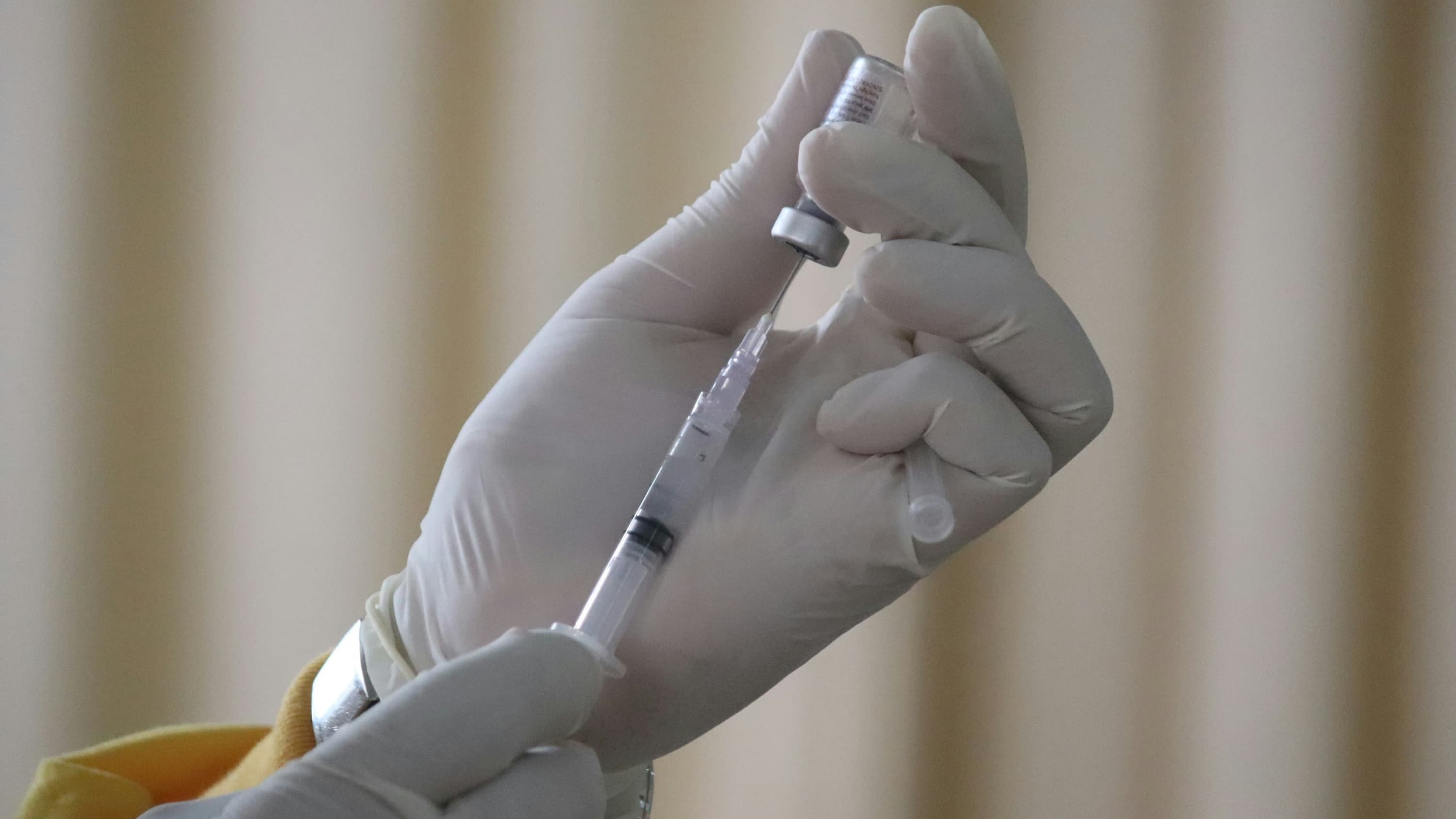Vacuna contra la Fiebre Amarilla: Lo que Necesitan Saber tus Viajeros
Essential information to comply with regulations and protect your customers.
When organising international trips for our clients, we tend to focus on tickets, itineraries, accommodation and experiences. However, there is one aspect that should not be overlooked: the traveller's health.
If your travellers plan to visit areas of South America, Africa, or even certain regions of the Caribbean, it is essential to include up-to-date information on yellow fever in your planning, as this disease can have health and logistical implications for both your travellers and your tourism operation.
What is yellow fever?
Yellow fever is an acute viral disease transmitted by the bite of infected mosquitoes, especially Aedes aegypti, the same mosquito that transmits dengue and Zika. In some cases, it can be mild, but in others it can cause high fever, jaundice (yellowing of the skin and eyes), internal bleeding and, in extreme cases, death.
Why is it relevant for travellers?
Many countries require prior vaccination as a condition of entry or transit, especially if you are coming from areas considered to be at risk.
Not having the certificate can:
- Delay itineraries.
- Cause denial of entry at the border.
- Lead to last-minute cancellations or changes.
- Expose travellers to serious health risks.
- As a tourism professional, your advisory role is key to preventing these scenarios.
Risk areas
Destinations with active transmission or health policies related to yellow fever include:
- South America: Brazil, Colombia, Peru, Bolivia, Ecuador, Venezuela, among others.
- Sub-Saharan Africa: Angola, Nigeria, Ghana, Democratic Republic of Congo, among many others.
- Caribbean: Some countries or territories such as Trinidad and Tobago, French Guiana, Suriname, Barbados, or some islands with frequent connections to Africa and South America.
Note: Check official sources such as the WHO or CDC before each trip. Having this information up to date allows you to provide safer and more professional care.
Is vaccination mandatory?
The need to be vaccinated against yellow fever depends on the destination and the passenger's recent travel history. Requirements vary by country, so it is essential to check each case in advance. Generally, there are three types of policies:
- Entry requirement: countries such as Australia, India, and Thailand require proof of vaccination if the traveller has been in a country at risk of transmission, even if only for a stopover.
- Medical recommendation: some destinations do not require it, but strongly recommend vaccination if the itinerary includes jungle or rural areas, such as certain regions of Peru, Brazil, or Colombia.
- Entry restriction without vaccination: countries such as Panama, Nicaragua, Trinidad and Tobago, Suriname, Barbados and French Guiana may deny entry to travellers who do not present an International Certificate of Vaccination or Prophylaxis (ICVP) after visiting an endemic area.
This certificate is valid for life and can only be issued at authorised vaccination centres. It is an essential official document that must always be included in the traveller's documentation, especially if their route includes several countries.
When and where to get vaccinated?
To comply with international requirements and ensure effective protection, the yellow fever vaccine must be administered at least 10 days before travel. This is the time needed for the body to build immunity and for the certificate to be considered valid at immigration controls.
The vaccine is administered only once in a lifetime, except in specific cases.
It can only be administered at authorised vaccination centres, which are also authorised to issue the International Certificate of Vaccination or Prophylaxis (ICVP), a document required at borders.
Who should NOT be vaccinated?
There are important medical contraindications. The vaccine should not be administered to:
- Infants under 9 months of age (in Panama, under 1 year and 3 months of age).
- Pregnant women and nursing mothers in the first 6 months.
- People with immunodeficiencies or symptomatic HIV.
- People allergic to eggs or poultry proteins.
- People over 60 years of age, except with prior medical evaluation.
- People with acute fever or active disease.
- In some cases, a medical exemption may be issued, but not all countries accept it as valid.
Specific information for travellers from Panama
The Panama Metropolitan Health Region reminds travellers and agencies:
- Get vaccinated at least 10 days before travelling.
You must present:
- Identity card (nationals),
- Residence card (residents),
- Passport (foreigners).
The vaccine is free, but the certificate costs:
- B/. 20.00 for nationals and residents.
- B/. 100.00 for foreigners.
🕐 Hours: Monday to Friday, from 8:00 a.m. to 12:00 p.m. and from 1:00 p.m. to 2:00 p.m.
📍 Location: Ancón, Corozal, Los Ríos, Calle Hospital Final.
📞 Contact telephone number: 512-6617
Practical advice for agencies and tour operators
- Inform travellers about the need for vaccination in the early stages of their trip.
- Provide travellers with up-to-date information and official links.
- Check the requirements of transit countries, not just the final destination.
- Include reminders about traveller health in the travel documentation.
- Consider including health advice as part of the added value of your service.
- New requirement for traveling to Europe: all about the EES
- Vacuna contra la Fiebre Amarilla: Lo que Necesitan Saber tus Viajeros
- Destinos Imperdibles para el 2026
- ¿Por qué ofrecer Sudamérica como alternativa al viaje europeo?
- Travel Calendar from Panama: The Perfect Times for Each Destination and Traveler Profile✈️
- Türkiye, Dubai, and Egypt: Our Star Products⭐️
- Key Tips for Traveling Safely, Comfortably, and Without Surprises
- Europa desde Panamá: tu puerta de entrada a una experiencia inolvidable






